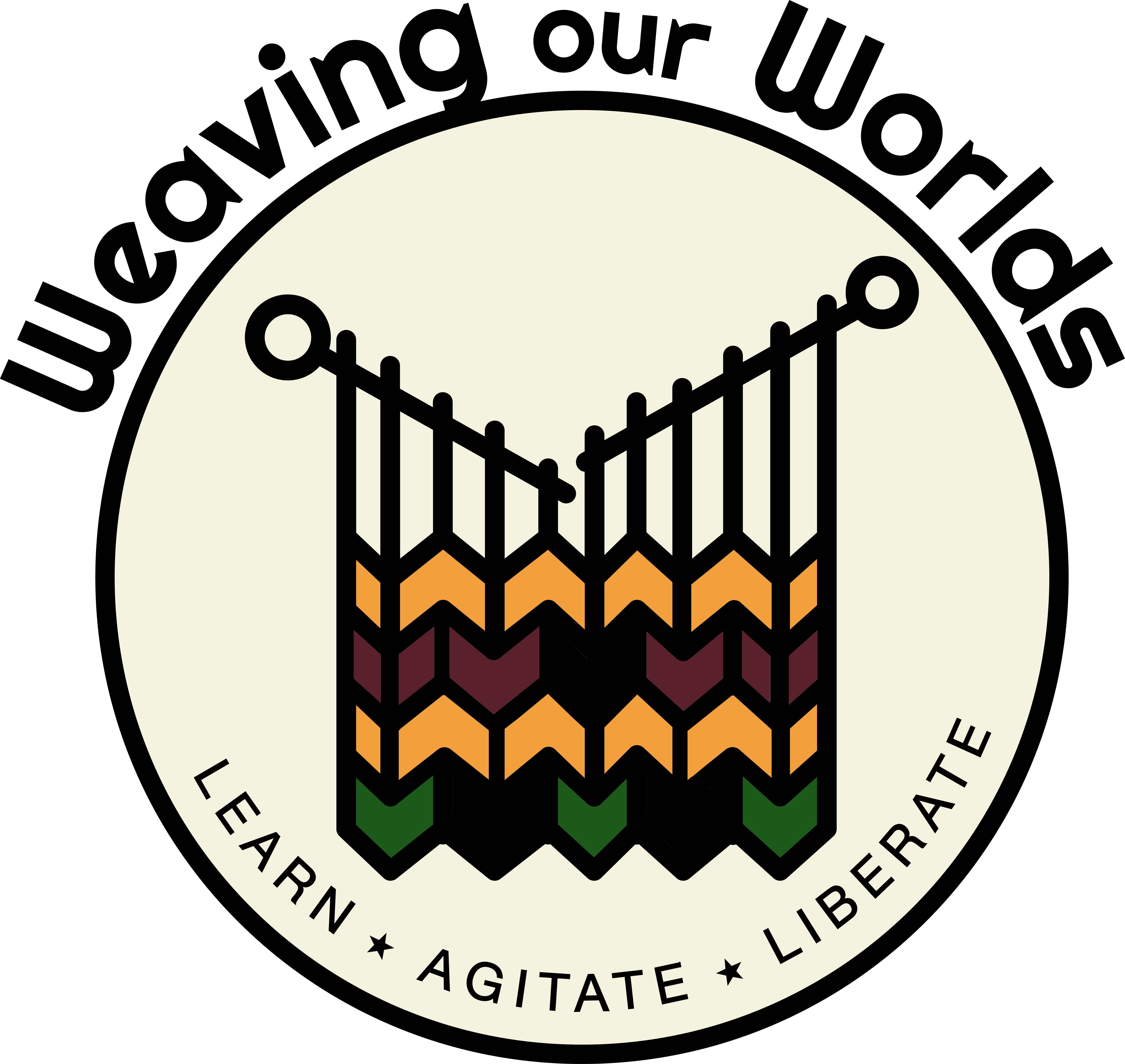Weaving our Worlds has monthly study in struggle conversations and this month we focused on capitalist trade agreements. Ruling elites want us to be overwhelmed by economics, trade, and policy speak. So we break it down!
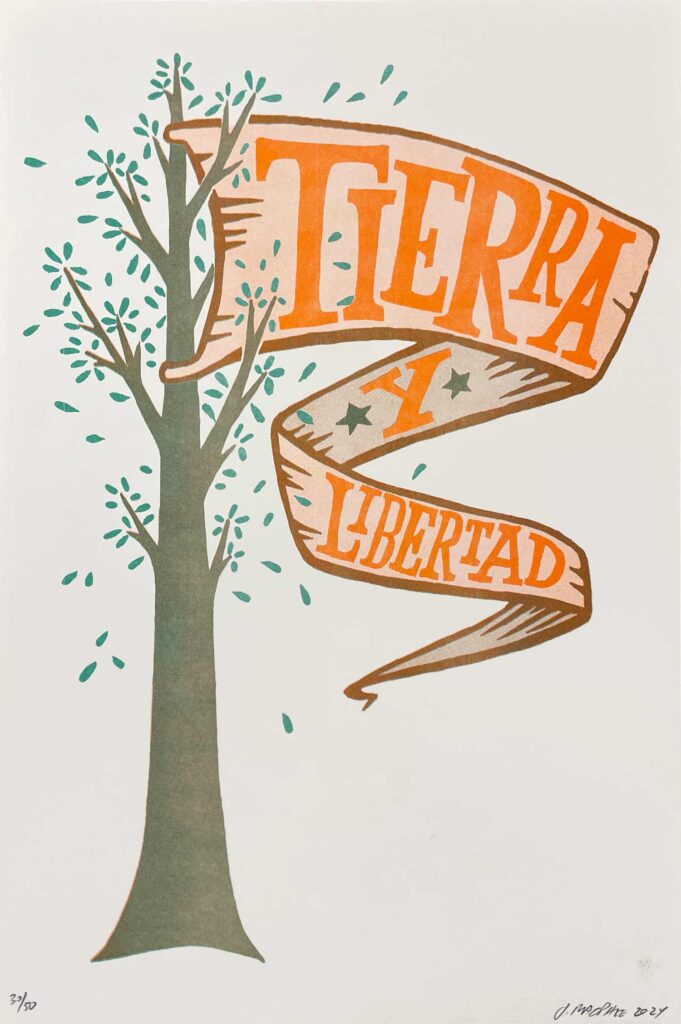
On the US-Canada Trade War:
“Now that our economy is so integrated into the U.S. economy, Trump’s tariffs could be catastrophic both for Canadian and American workers. Almost 40 years ago, the Left was warning about the consequences of tying Canada economically to the US. The election of Donald Trump is showing just how accurate those warnings were.”
– From They should have listened to us about free trade
On the colonial legacies of capitalist trade:
“Colonial-era unequal treaties, or capitulation treaties, can be seen as the ancestors of free trade agreements, as they were key to achieving European commercial ambitions. They were unilateral legal instruments used by colonial powers to ensure that their ‘freedom to trade’ was an internationally recognised and legally binding right, and that the use of force was justified in the event of violation.”
-From How colonialism shaped free trade agreements: the imposition of Western legal regimes
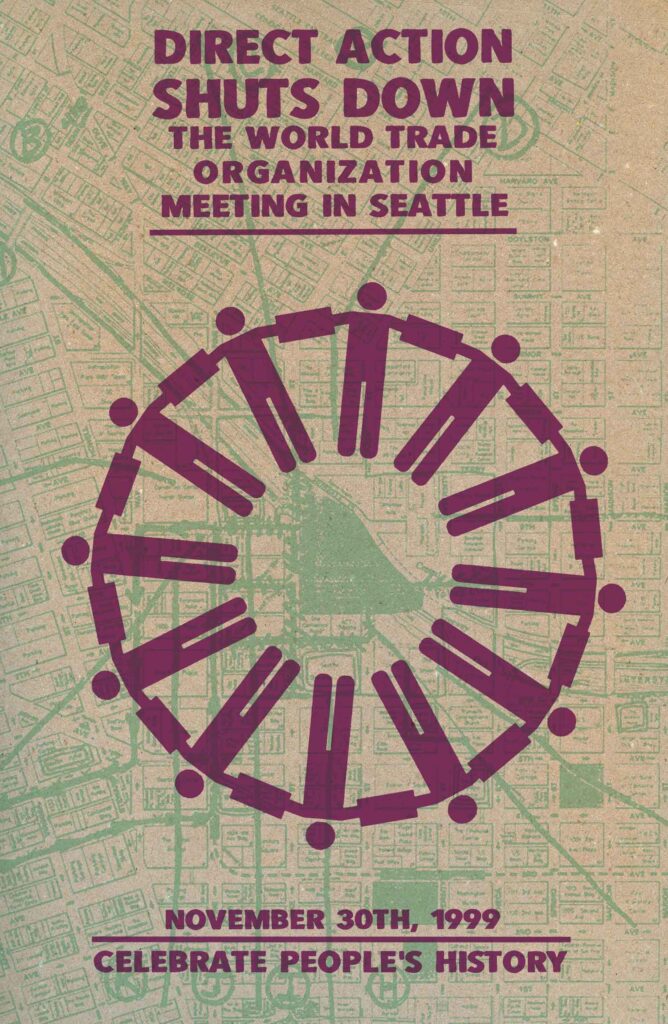
On investor-state dispute: modern-day colonialism
“Today, investor-state dispute settlement, or ISDS, lets foreign companies bypass national courts and sue governments before international panels of arbitrators. These tribunals have awarded billions of dollars to companies, even in cases where they flouted national laws, polluted the environment, or were accused of violating human rights. Most of these cases have been filed by companies from wealthy nations – a form of modern-day colonialism.”
From Nations are exiting a secretive system that protects corporations
On trade agreements and global trade institutions
“While about 500 bilateral investment treaties had been signed by 1990, more than 2,500 new treaties emerged by 2010. The North American Free Trade Agreement (NAFTA) came into force in 1994. It was the first modern comprehensive trade agreement, containing far-reaching corporate-friendly rules as yet unseen. In 1995, the World Trade Organisation was established to regulate international trade towards greater liberalisation.”
-From How colonialism shaped free trade agreements: from colonies to neoliberalism
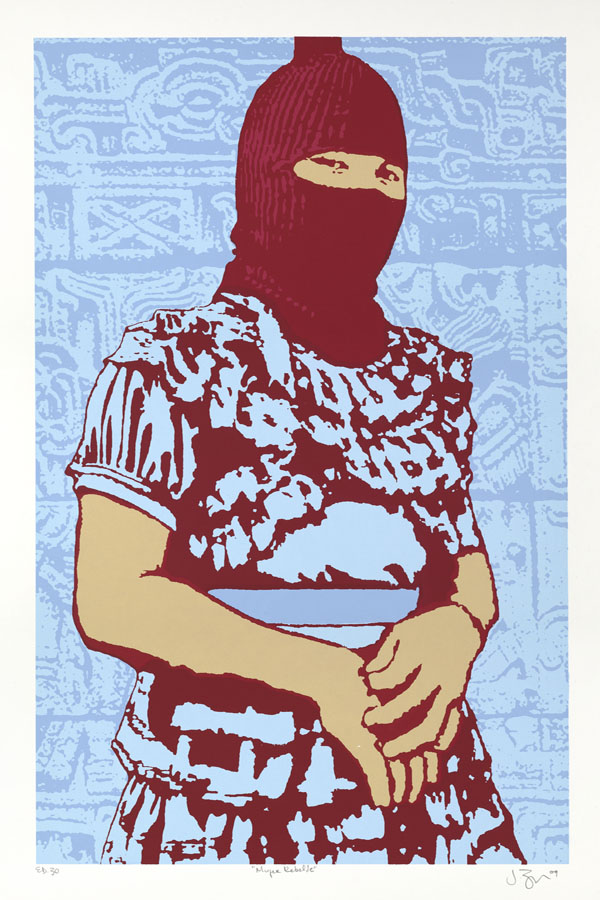
On resistance to NAFTA and the birth of the anti-capitalist globalization movement:
“The most significant symbol of NAFTA’s rejection was the uprising of the Zapatista National Liberation Army, an indigenous, community-based movement with global frames of reference. The same day NAFTA came into force in 1994, thousands of Zapatistas declared war on the government of Carlos Salinas de Gortari.”
-From NAFTA at 30: The mother of all free trade agreements
On the new scramble for Africa:
“Africa is increasingly a target for land grabbing by agrobusiness, elites and those wanting to cash in on “carbon credits.” The UAE is the 4th largest source of foreign investment in Africa after China, Europe and the US, and is counting on the African Continental Free Trade (AfCFTA) agreement to bolster their presence. As a whole, over 90% of foreign investment that “enters” African countries comes from outside the African continent.”
-From The AfCFTA and land in Africa: towards a surge in land grabbing
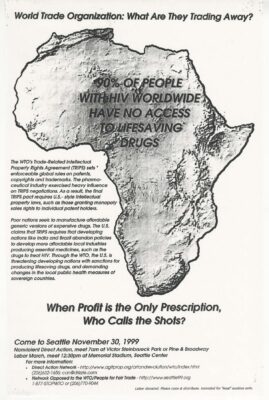
On vaccine apartheid and patents:
“COVID Medicines have been plentiful in U.S. and Europe, but because of insufficient supplies and high prices, hardly anyone in Africa, Asia, and Latin America has had access. The WTO declared on Feb 13 that it was unable to reach agreement on waiving global patent rules for COVID-19 treatment. Twelve million Africans died between 1997 and 2007 with AIDS medicines too expensive and pharmaceutical companies blocking affordable generic versions.”
-From The WTO Failed the World in Covid
On the geopolitics of Israel’s genocide
“One of the most significant ways in which Israel facilitates US imperial goals is by helping to secure control over the Middle East’s critical trade corridors and energy resources. This is less about ensuring oil flows to the US or Europe, which have diversified their energy sources, and more about controlling access to these resources as a geopolitical weapon. These deals enable Israel to position itself as a regional energy hub, projecting power across the region while deepening its alliances with Western-backed Gulf states.”
-From Geopolitics of Genocide
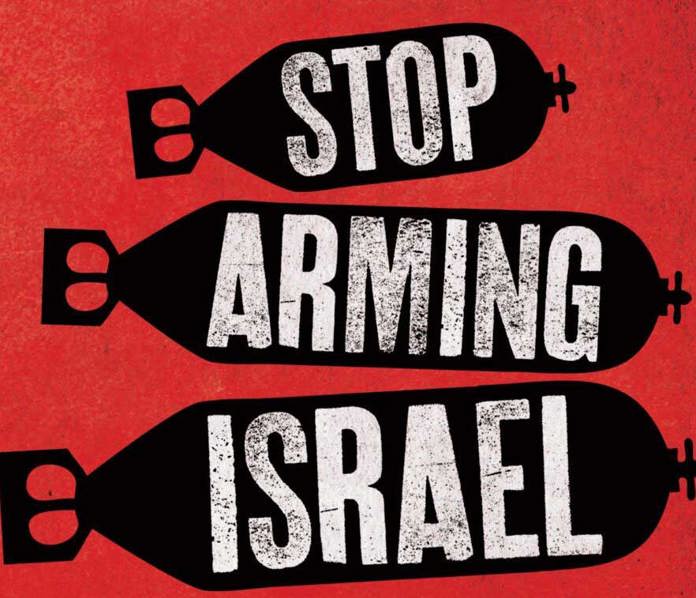
On regional superpowers and new trade alliances:
“On 14 July 2022, the U.S.-Israel-UAE-India grouping was officially launched as the “I2U2” or the “West Asia Quad.” Within hours, it was reported that Haifa Port had been sold to Indian company Adani Ports, operating on a joint-bid with Israeli company Gadot. This represents the next frontier of the India-Israel alliance as part of a larger ecosystem of illiberal states that see themselves as a frontline in a continuation of the War on Terror.”
-From India, Israel and I2U2 – Moving Towards a New ‘Transregional Order’
On BRICS: possibilities and challenges
“Originally formed by Brazil, Russia, India, China and South Africa, BRICS has become a political and economic platform. The rise of BRICS reinforced the entrenched imaginary of ‘modernization’ and ‘development’ in the Global South. But Patrick Bond regards the BRICS as sub-imperial powers, characterised by super-exploitation of labour and collaboration (albeit with tensions) with imperial powers.”
-From Building BRICS Challenges and opportunities for South-South collaboration in a multipolar world
Trade and investment agreements are about advancing capitalism, and are key tools of imperial and geopolitical control. ¡Ya basta!
